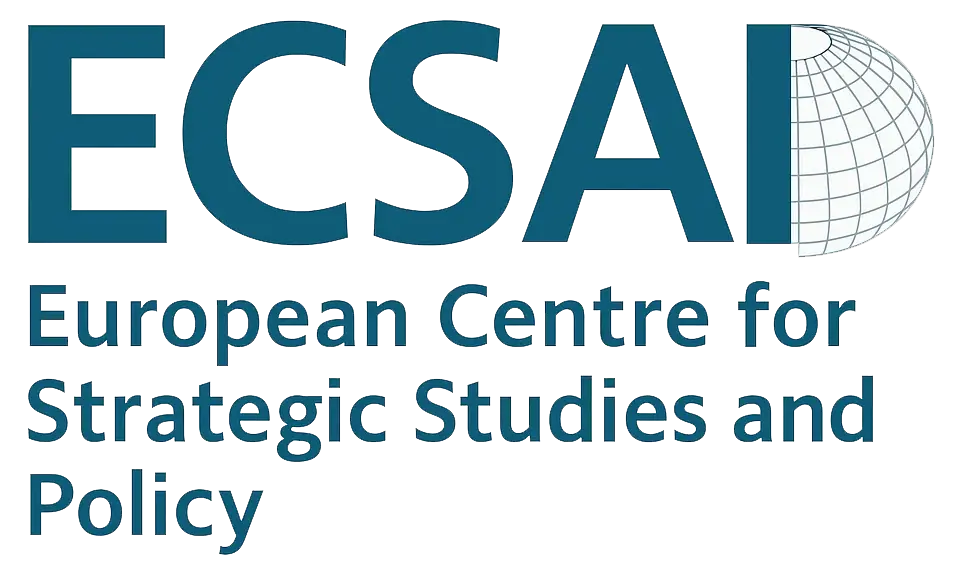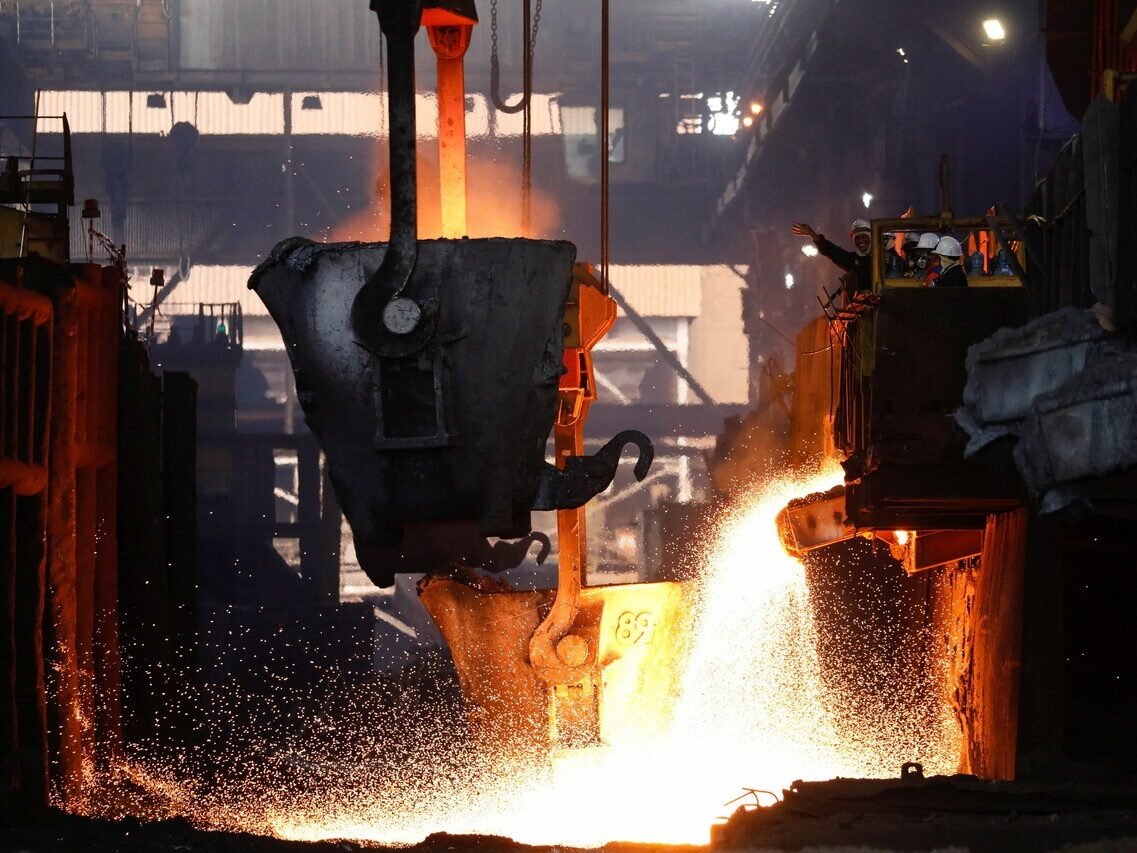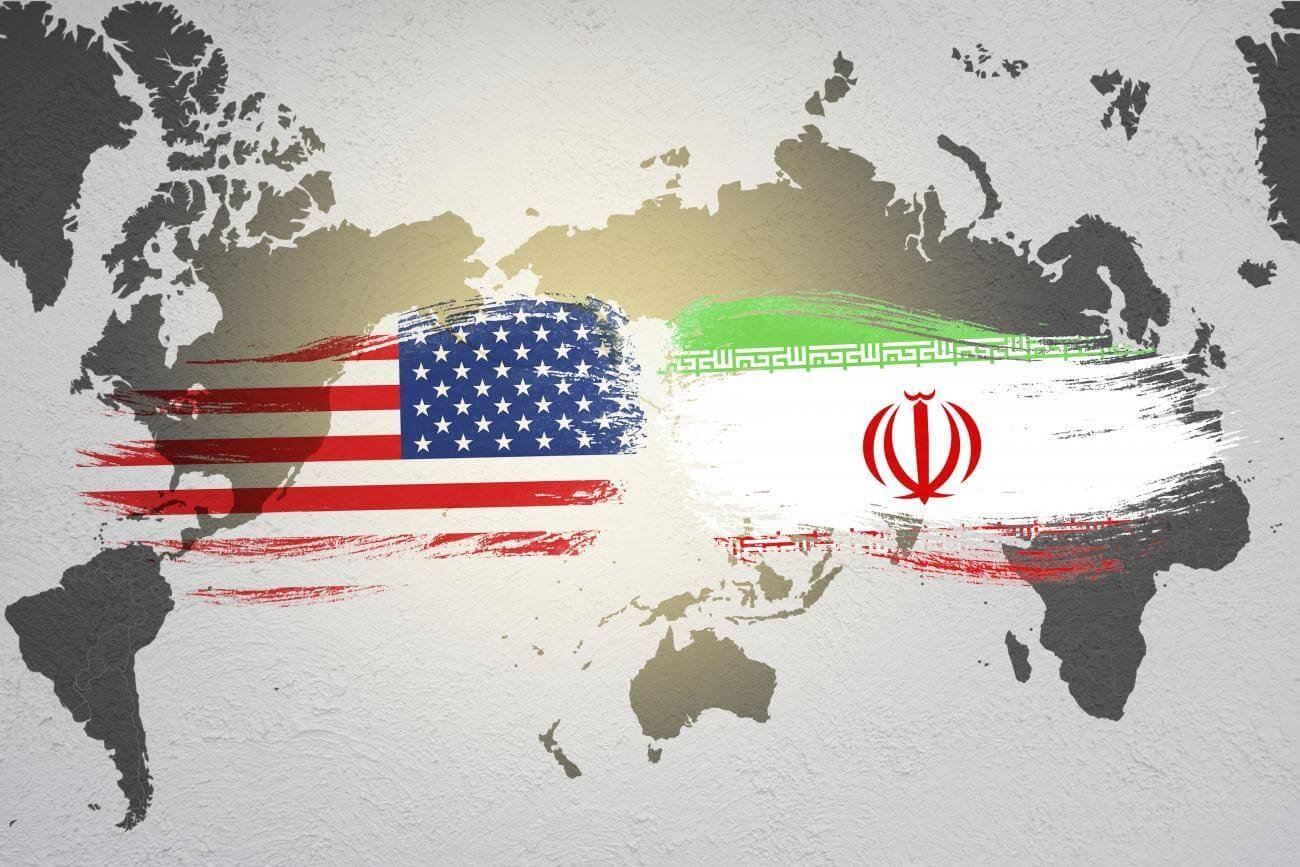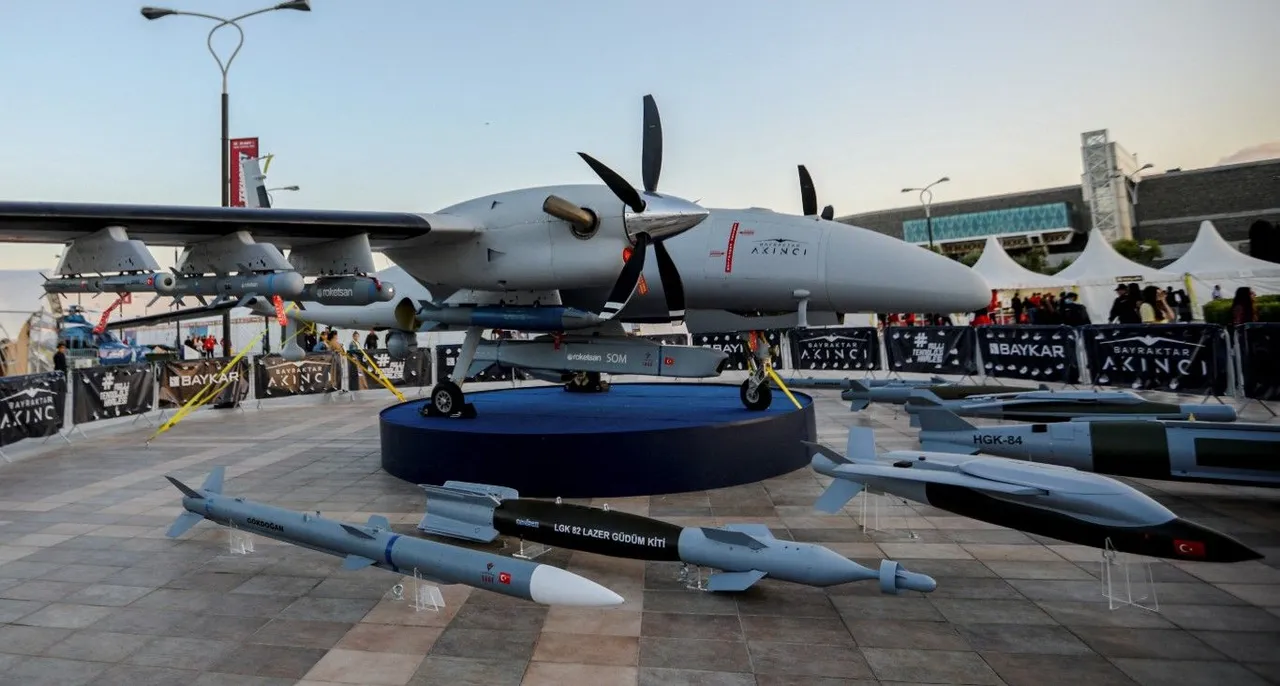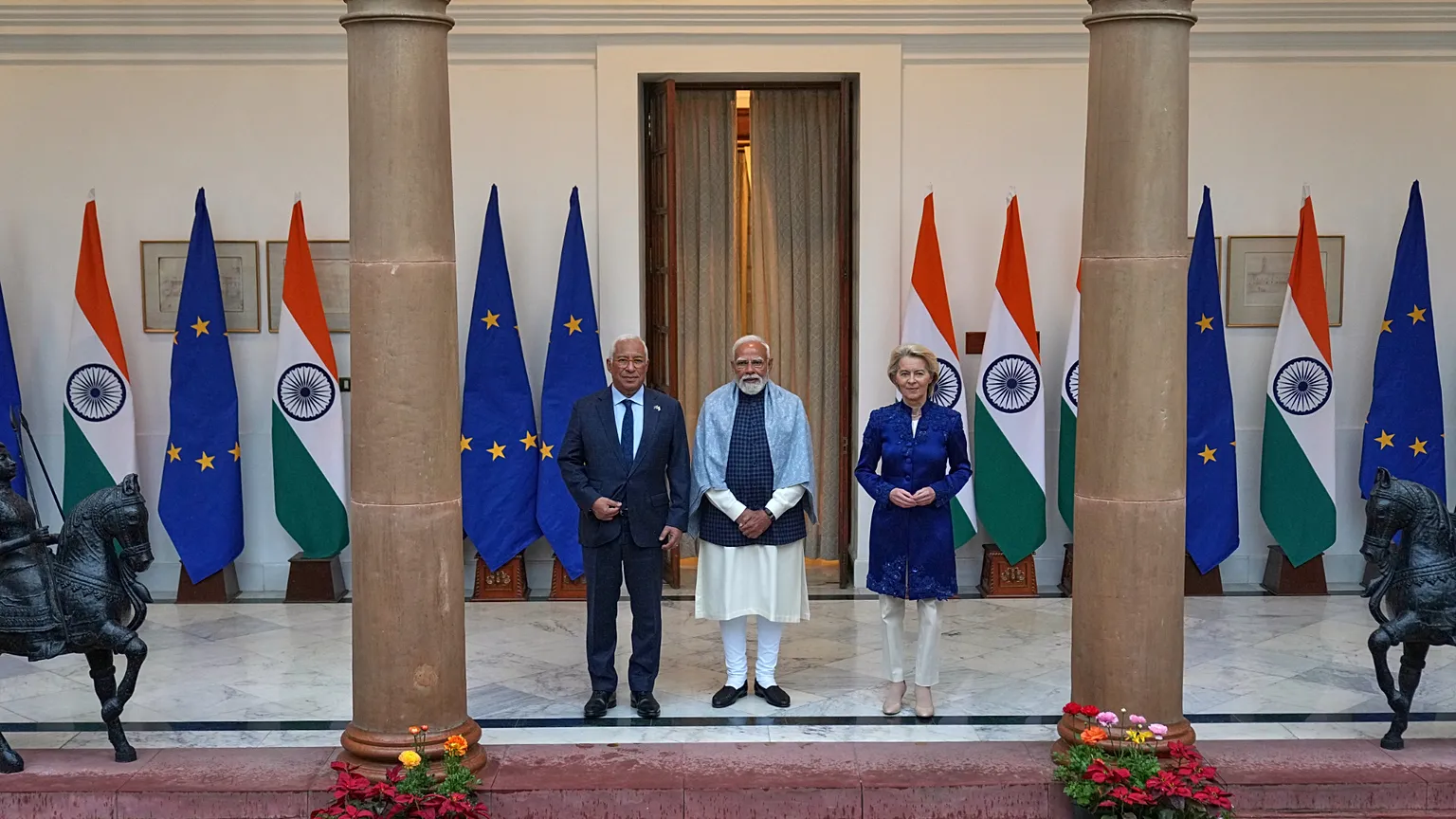European Centre for Strategic Studies and Policy (ECSAP)
Executive Summary
Indonesia, the world’s largest nickel producer, has transformed its mineral sector by combining resource nationalism with industrial policy to capture more value from its critical minerals. Its approach—particularly the nickel export ban, local processing requirements, and downstream investment promotion—offers valuable lessons for African countries now at the center of the global energy transition.
For Africa, the challenge is to balance value-addition ambitions with governance capacity, investor confidence, and public welfare. This paper distills Indonesia’s successes and pitfalls into actionable lessons for resource-rich African states seeking to leverage cobalt, lithium, copper, and rare earth reserves.
1. Indonesia’s Strategy in Brief
- Nickel Export Ban (2020): Prohibited exports of unprocessed ore, forcing investors to build local smelters.
- Downstream Push: Attracted billions in FDI into nickel smelting, stainless steel, and battery precursor industries.
- Industrial Policy: Integrated minerals strategy with electric vehicle (EV) value chain ambitions.
- Partnership Model: Strategic joint ventures with Chinese, Korean, and Western companies.
- State Role: Indonesia exerted strong state control, often at the expense of short-term revenues, to prioritize long-term industrialization.
2. Successes of the Indonesian Model
- Value Capture: Significant increase in export earnings and GDP contribution from processed nickel versus raw ore.
- Industrial Development: Dozens of new smelters built; Indonesia now a key player in the EV battery supply chain.
- Job Creation: New processing plants and industrial parks created thousands of skilled and semi-skilled jobs.
- Geopolitical Leverage: Indonesia positioned itself as a critical partner for countries seeking to diversify away from China.
3. Pitfalls and Challenges
- Environmental Costs: Rapid smelter expansion fueled coal-fired electricity use; carbon footprint undermines green transition narrative.
- Governance Risks: Local communities sidelined; land conflicts and environmental degradation persisted.
- Investor Concerns: Sudden policy shifts created uncertainty; WTO disputes over the export ban show risks of protectionist approaches.
- Revenue Volatility: Heavy reliance on foreign capital, especially Chinese, raises dependency risks.
4. Lessons for African Producers
Lesson 1: Policy Clarity and Sequencing
- Export restrictions can work only with credible, phased strategies and clear alternatives for investors.
- Africa must avoid abrupt bans that scare off capital without having processing capacity ready.
Lesson 2: Invest in Domestic Processing, but Realistically
- Indonesia shows that local processing captures value.
- African states should target selective minerals and stages (e.g., concentrate production, precursors) instead of overpromising full EV battery assembly from the start.
Lesson 3: Balance Resource Nationalism with Investor Confidence
- Transparent contracts, dispute-resolution mechanisms, and predictable tax regimes are essential.
- Partnerships—not unilateralism—attract long-term FDI.
Lesson 4: Integrate Environmental and Social Safeguards
- Indonesia’s reliance on coal undermined its “green” potential.
- African producers can differentiate themselves by ensuring renewable-powered processing, community benefit agreements, and health safeguards.
Lesson 5: Regional Cooperation for Scale
- Africa’s fragmented markets make regional approaches vital.
- Corridors like the Lobito Corridor can pool infrastructure and integrate cross-border value chains, echoing Indonesia’s industrial parks but across multiple states.
5. Strategic Recommendations for Africa
For African Governments
- Develop national critical mineral strategies with phased downstream ambitions.
- Invest in infrastructure and energy to make processing viable.
- Align mineral policy with industrial, health, and environmental priorities.
For Regional Bodies (AU, RECs)
- Harmonize export regimes to avoid “race to the bottom.”
- Build regional industrial hubs with shared corridors and power pools.
For Investors and Partners
- Support responsible processing capacity with ESG standards.
- Partner with African governments on workforce development and renewable-powered industrialization.
For the EU
- Use the Global Gateway to invest in sustainable processing hubs.
- Offer co-financing and guarantees to crowd in private capital.
- Leverage trade policy to incentivize African value addition while ensuring market access.
Conclusion
Indonesia’s nickel strategy provides both inspiration and caution. African producers stand at a similar crossroads, with massive global demand for cobalt, lithium, and copper. The key lesson is not to replicate Indonesia wholesale, but to adapt its principles: build local capacity, secure more value, but avoid governance, environmental, and dependency traps.
If designed carefully, Africa can position itself not just as a supplier of raw materials, but as a strategic partner in the global energy transition, while safeguarding communities and the environment.
